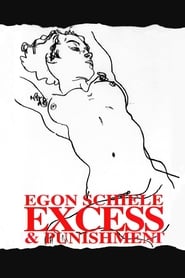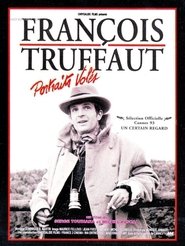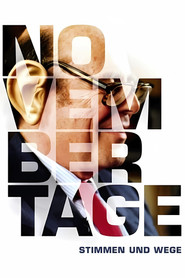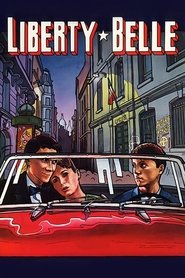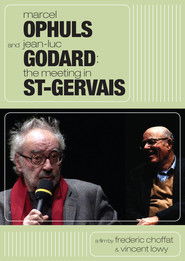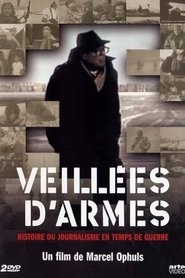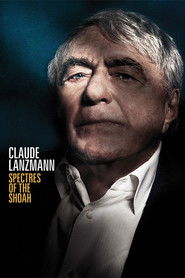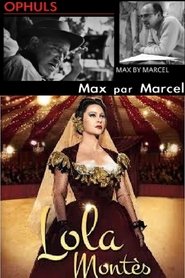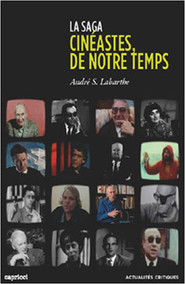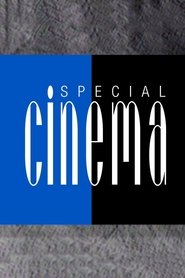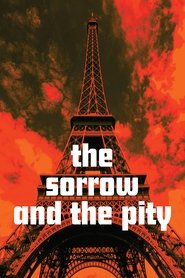Marcel Ophüls
Marcel Ophuls (German: [ˈɔfʏls]; born 1 November 1927) is a German-French documentary film maker and former actor, best known for his films The Sorrow and the Pity and Hôtel Terminus: The Life and Times of Klaus Barbie. Ophuls was born in Frankfurt, Germany, the son of Hildegard Wall and the director Max Ophüls. His family left Germany in 1933 following the coming to power of the Nazi Party and settled in Paris, France. Following the invasion of France by Germany in May 1940 they were forced to flee to the Vichy zone, remaining in hiding for over a year before crossing the Pyrenees into Spain in order to travel to the United States, arriving there in December 1941. Marcel attended Hollywood High School, then Occidental College, Los Angeles. He spent a brief period serving in a U.S. Army theatrical unit in Japan in 1946, then studied at the University of California, Berkeley. Ophuls became a naturalized citizen of France in 1938, and of the United States in 1950. When the family returned to Paris in 1950 Marcel became an assistant to Julien Duvivier and Anatole Litvak, and worked on John Huston's Moulin Rouge (1952) and his father's Lola Montès (1955). Through François Truffaut, Ophuls got to direct an episode of the portmanteau film Love at Twenty (1962). There followed the commercial hit Banana Peel (1964), a detective film starring Jeanne Moreau and Jean-Paul Belmondo. With a slump in box-office fortunes, Ophuls turned to television news reporting and a documentary on the Munich crisis of 1938: Munich (1967). He then embarked on his examination of France under Nazi occupation, The Sorrow and the Pity. Although he enjoyed making entertaining films, Ophuls became identified as a documentarian, using a characteristically sober interview style to resolve disparate experiences into a persuasive argument. A Sense of Loss (1972) looked at Northern Ireland, and The Memory of Justice (1973) was an ambitious comparison of US policy in Vietnam and the atrocities of the Nazis. Disagreements with his French backers over interpretation led Ophuls to smuggle a print to New York where it was shown privately. Legal wrangles left him disappointed and financially broke, and Ophuls turned to university lecturing. In the mid-1970s, he began producing documentaries for CBS and ABC. His feature documentary Hotel Terminus: The Life and Times of Klaus Barbie (1988) won an Academy Award; since then he has made an interview film with two senior East German Communists, November Days (1992) and a ruminative look at how journalists cover war, The Trouble We've Seen (1994). Every year the IDFA (International Documentary Festival) in Amsterdam screens an acclaimed filmmaker's ten favorite films. In 2007, Iranian filmmaker Maziar Bahari selected The Sorrow and the Pity for his top ten classics from the history of documentary. At the 65th Berlin International Film Festival in February 2015 Ophuls received the Berlinale Camera award for his life work.
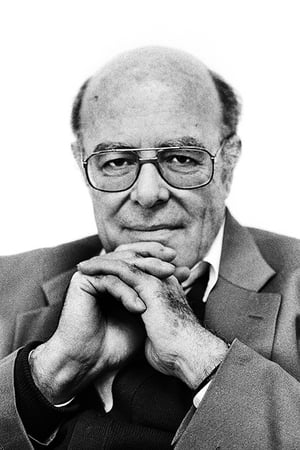
Hôtel Terminus: The Life and Times of Klaus Barbie
as SelfMarcel Ophuls' riveting film details the heinous legacy of the Gestapo head dubbed "The Butcher...
Movie pageEgon Schiele: Excess and Punishment
as Dr. StovelIn 1912, in Austria, the painter Egon Schiele is sent to jail accused of pornography with the...
Movie pageFrançois Truffaut: Stolen Portraits
as Self (archive footage)Twenty-six people - including two daughters, an ex-wife, his last lover, actors, fellow...
Movie pageNovember Days
as Self - InterviewerMarcel Ophüls interviews various important Eastern European figures for their thoughts on the...
Movie pageLiberty Belle
as German teacherLiberty Belle tells the story of a group of student's involvement with a group who oppose the...
Movie pageMarcel Ophuls and Jean-Luc Godard: The Meeting in St-Gervais
as SelfIn 2009, in a small theater in Geneva, Switzerland, the film directors Marcel Ophuls and...
Movie pageThe Troubles We've Seen
as SelfWe follow Marcel Ophuls' two journeys to Sarajevo in 1993. He is starting a documentary about...
Movie pageClaude Lanzmann: Spectres of the Shoah
as SelfThe process of making Shoah.
Movie pageMax par Marcel: Lola Montès
as SelfIn a series of four documentaries, Marcel Ophuls pays tribute to his father Max, and in this...
Movie pageCinéastes de notre temps : Max Ophuls ou la ronde
as SelfA 1965 episode of the French television program Cinéastes de notre temps, featuring interviews...
Movie pageThe Sorrow and the Pity
as Self - InterviewerAn investigation into the nature, details and reasons for the collaboration, from 1940 to 1944,...
TV Show page
